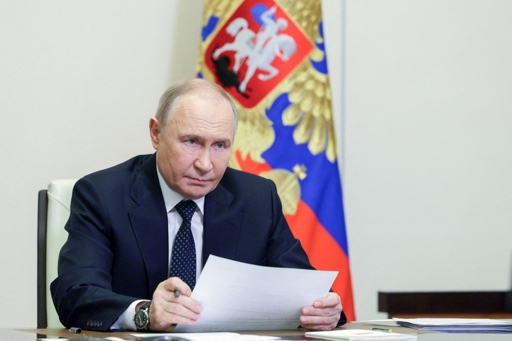The Ukraine war won’t end until NATO withdraws troops from the Baltics, a top Russian official has warned.
Sergei Ryabkov, Russia’s deputy foreign minister responsible for U.S. relations, nonproliferation and arms control, made the remarks in an interview with state-run news agency Tass.
Ryabkov’s comments mark a shift in the Kremlin’s position. He suggested that the conflict’s roots lie not only in Ukraine itself but in NATO’s eastward expansion. According to Ryabkov, the withdrawal of NATO forces from the Baltics would help bring an end to the war.



Who said “instead”? Putin wants all. And NATO has serious problems with articulating “No”.
unlike ukraine the baltics are in the EU, they have choosen to, taking this to the baltics is escalating it further, NATO cant withdraw from baltics, the baltics are part of EU thus NATO
NATO has nothing to do with being in the European Union, not every E.U. country is in NATO and vice versa. NATO is an alliance, which you must apply for, separately from the E.U.
Given the EU has a mutual defence agreement that I understood to be stronger than NATOs. An attack on the Baltic states would be an attack on NATO. Even if they were not in it.
Yes, it’s the Treaty of Lisbon. The difference is still important to make, not only for educational purposes, but because it does affect which countries would be required to aid depending on who is attacked. Not to mention USA/Canada who are very much a part of NATO and not the E.U.